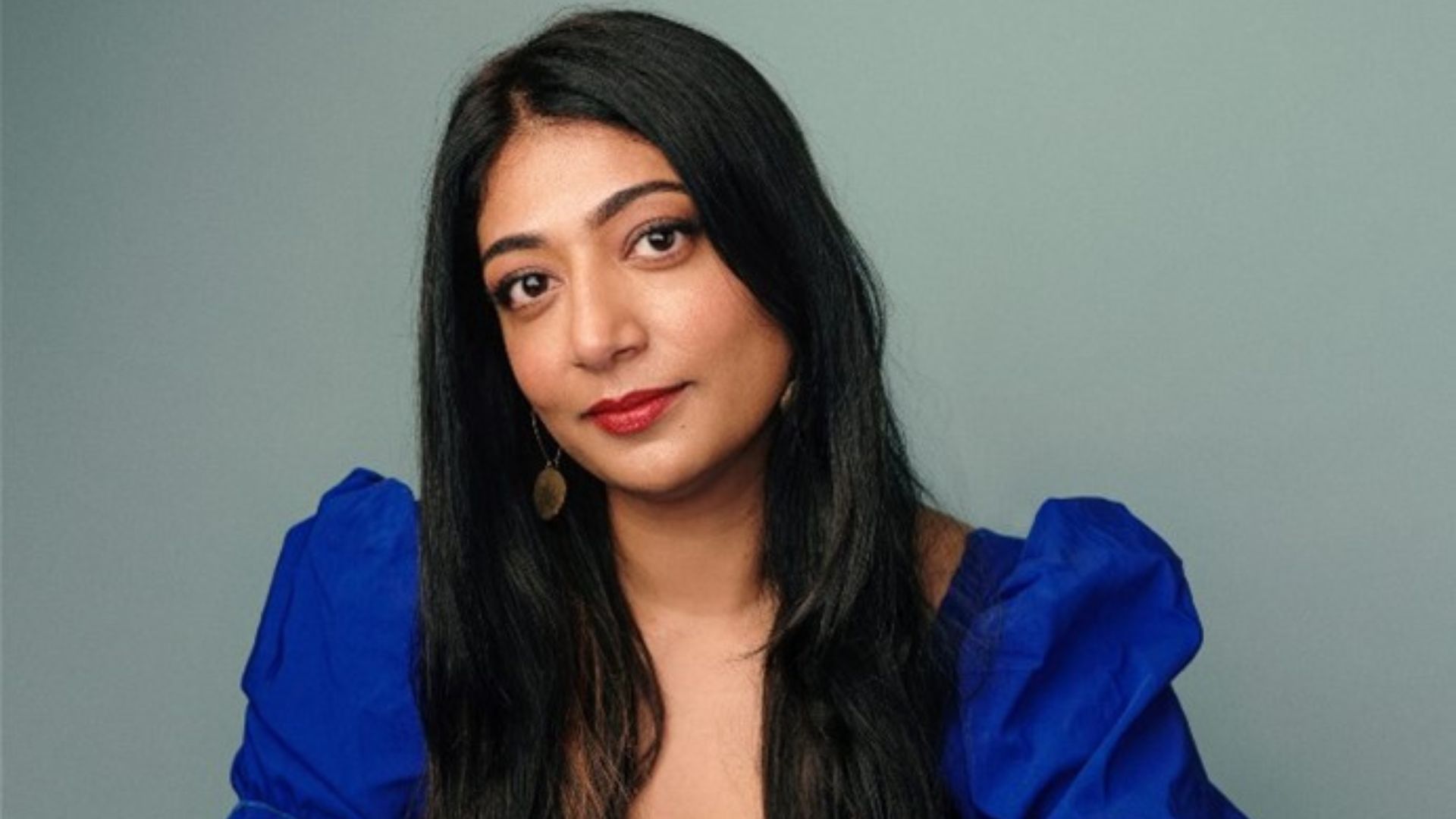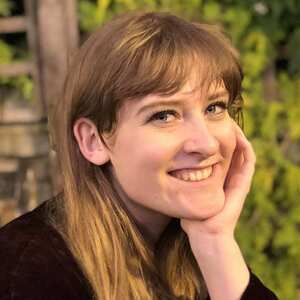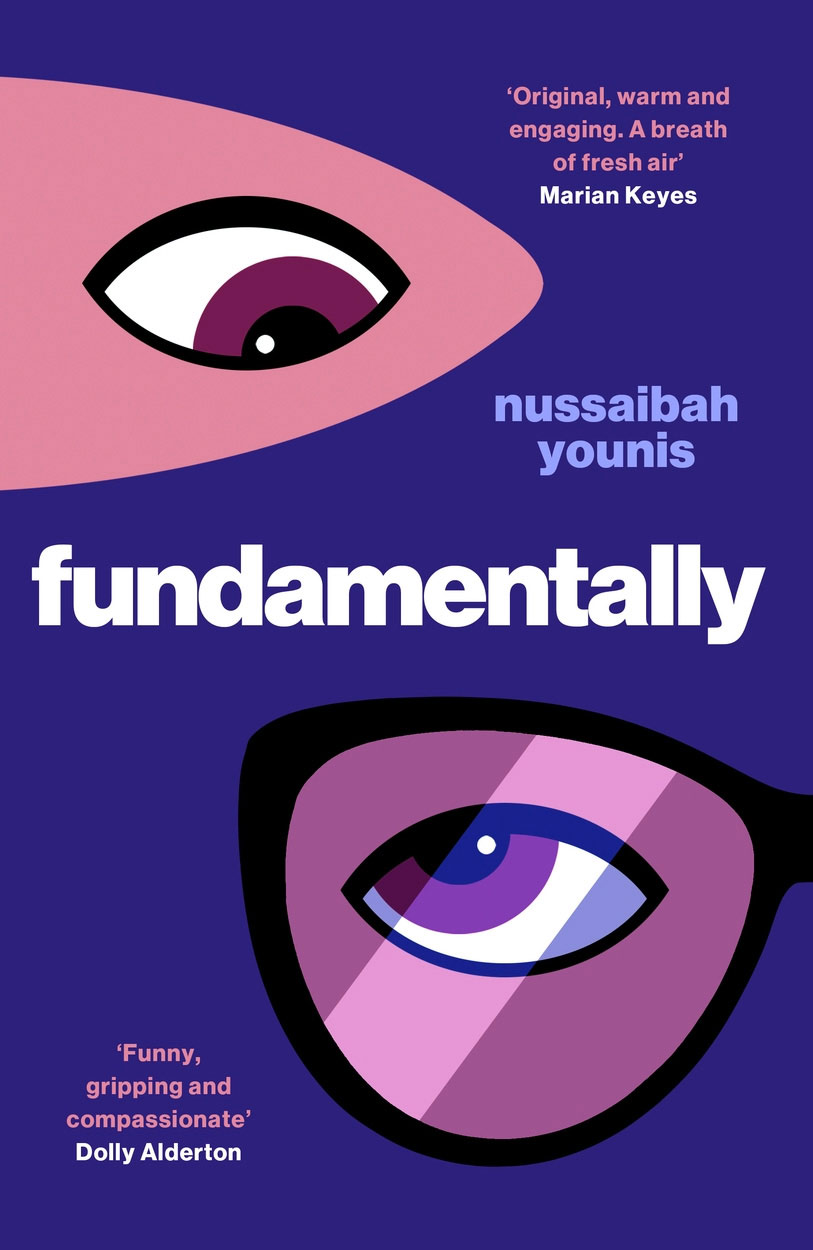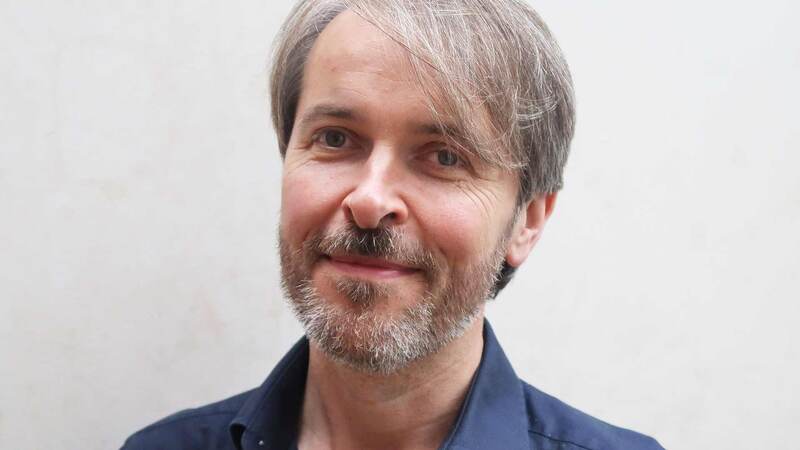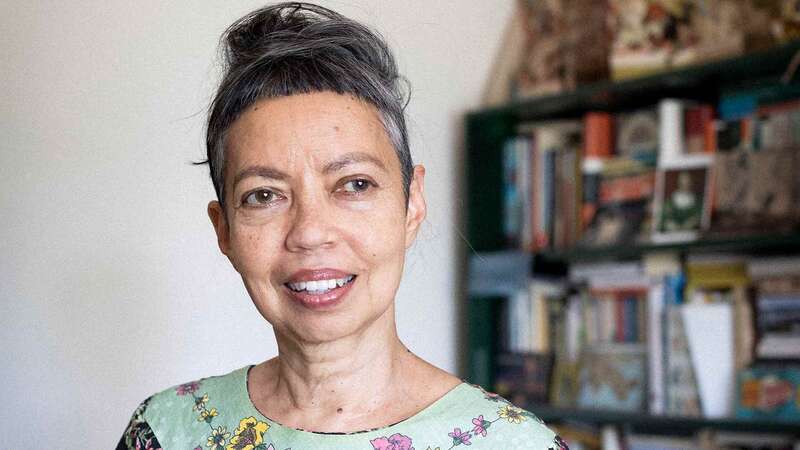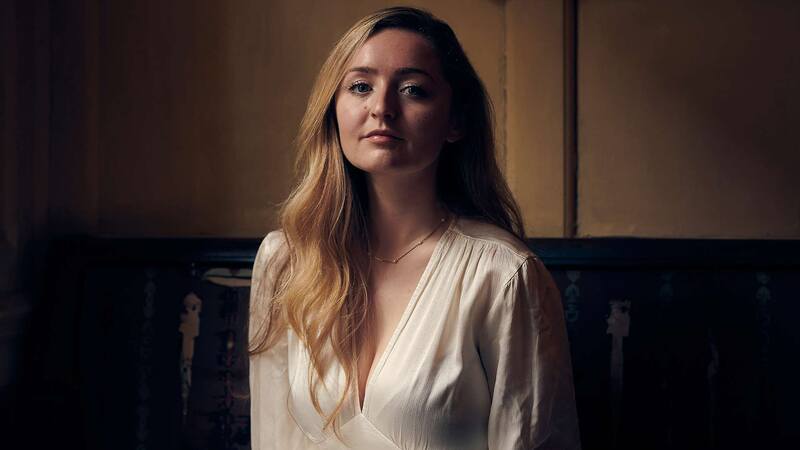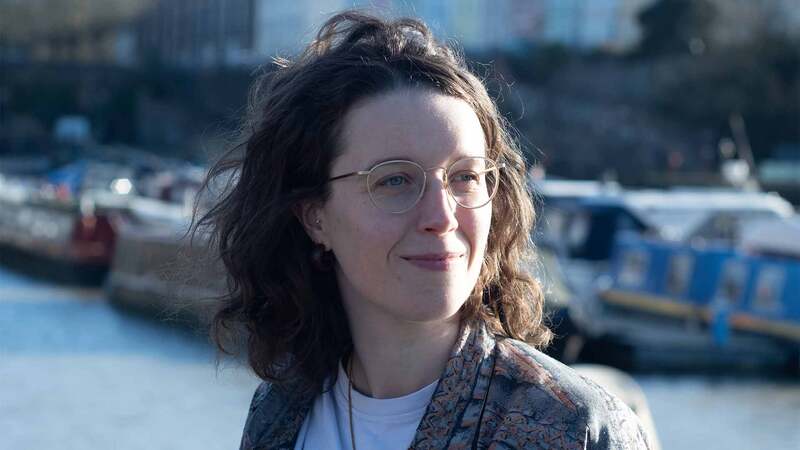You are viewing your 1 free article this month. Login to read more articles.
Debuts of 2025, Volume 1: Nussaibah Younis
Nussaibah Younis’ bold and hilarious debut novel Fundamentally follows academic Nadia’s attempts to set up a programme to rehabilitate ISIS brides.
Before peacebuilding practitioner and expert on contemporary Iraq Nussaibah Younis set about writing her bold and hilarious debut novel Fundamentally, —which follows academic Nadia’s attempts to set up a programme to rehabilitate ISIS brides—she took a stand up comedy course.
Serious non-fiction was the route Younis was expected to take, given her background working as a senior fellow at the Atlantic Council in Washington DC, where she directed the Task Force on the Future of Iraq and offered strategic advice to US government agencies on Iraq policy. But the last thing Younis wanted was to “write something that people would buy out of guilt and then put on the shelf and think ‘Oh, I really must read that at some point’, and then never want to read it.”
“I was working on the issue of ISIS brides,” she tells me, “and a lot of my friends and colleagues said that I should write a book about it. And what they meant, of course, with me coming out of academia, was that I should write non-fiction. And I just thought, ‘God, what a misery fest’.” Instead, she “wanted to write something that people just genuinely enjoyed and couldn’t help but continue to the next page, rather than feeling it was a chore” because “actually, I think the work, and living this life and working in Iraq... So much of it is funny and absurd and entertaining.”
“Life isn’t boring and it’s not miserable all the time,” she says. “Yes, there are dark moments, but you’re not just going through every day being sad and thinking big, serious thoughts.”
Before setting about writing, she “wrote down all the funny things that happened in [her] career, and just tested stuff out on the [stand-up comedy] group.” “I wanted to write the book, and I knew that if I didn’t centre comedy first, it could end up becoming—well, my worst nightmare was for it to be earnest. So I was very much thinking: ‘Where’s the fun and the joy in all of these scenes?’ I tried my hardest to build [the novel] around the humour. The serious stuff and the emotion of this issue, that’s easy, that stuff comes naturally. But I felt like I needed to really keep fun front and centre,” she explains.
It is not only Younis’ career expertise and experience that are central to the novel, however, but her personal experience, too. The story follows the relationship between Nadia (“a super-flawed character who also has all this unresolved stuff that she hasn’t dealt with from her own family life”, and who has fled a failed romance to Baghdad and into her new role) and Sara, a precocious and sweary ISIS bride from east London who joined ISIS aged 15. Nadia is struck by their similarities—both are from a Muslim background, feisty and opinionated, and a fan of Dairy Milk chocolate—and she subsequently singles Sara out to help, but as they grow closer Nadia realises that maybe she doesn’t know Sara quite as well as she thought.
“The first part of the book that ever came to me was me imagining what it would be like if I, as I am today, was to have a conversation with me at 15, with the version of me that could have been tempted into radicalisation,” Younis, who was “raised quite religious”, says. “I just thought: there’s such an electric and funny and tension-filled relationship between these two versions of myself that I thought would be just fascinating to explore.”
When she was 17, Younis spent a summer partaking in Islamic studies with a cleric called Anwar al-Awlaki, who the writer “adored”. “He was funny and just so eloquent and spoke very beautifully about the life of the prophet Muhammad, and I was really taken by him,” she tells me. “A couple of years later, he joined al Qaeda, which I found really shocking.”
She says that, while no one ever tried to recruit her, as a “bleeding heart empath” she was upset from a young age about the wars in Iraq and Afghanistan. “Maybe I could really have been persuaded” and taken a different “fork in the road”. “I was just lucky enough that I was able to go off to university, meet loads of different kinds of people and channel my energies in a different way,” she says.
Ultimately, Younis set out to write a personal yet expansive, confronting novel that could be a “really fun experience—but also, through that entertainment and that fun, introduce people to questions that they haven’t asked before, and to challenge people to think through actually quite tricky and complicated issues, in a way that didn’t feel like a terrible chore.” The resulting, extraordinary, novel is anything but.





